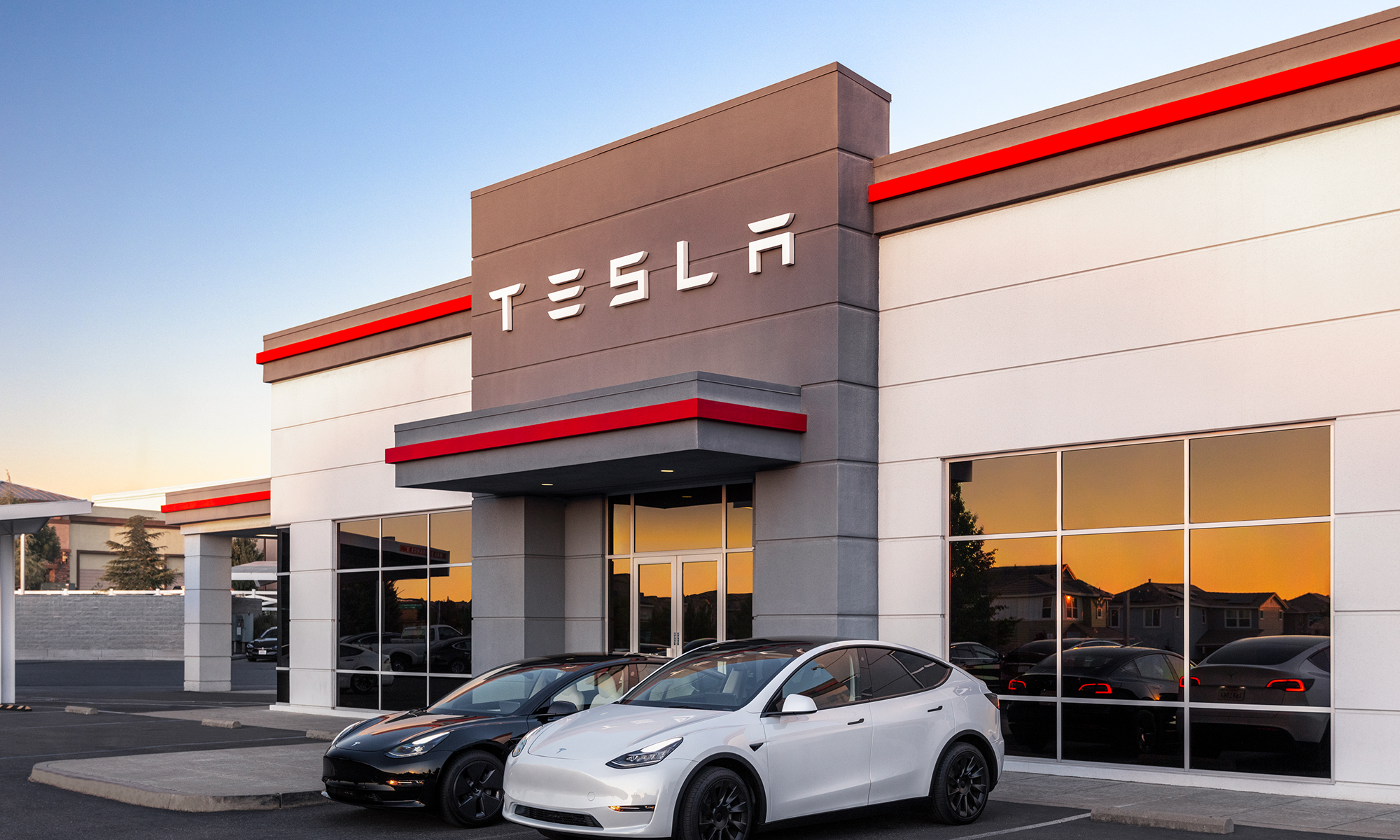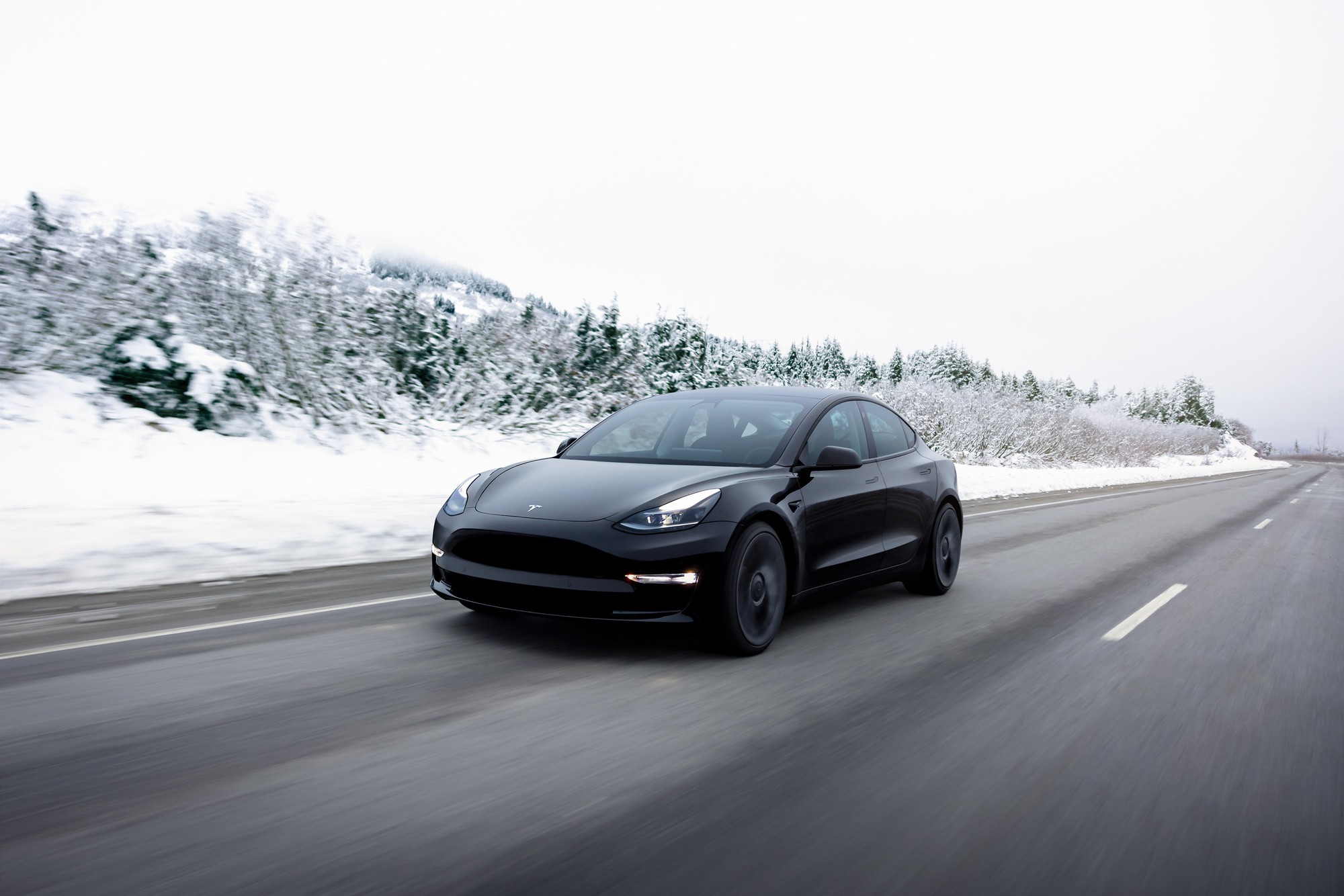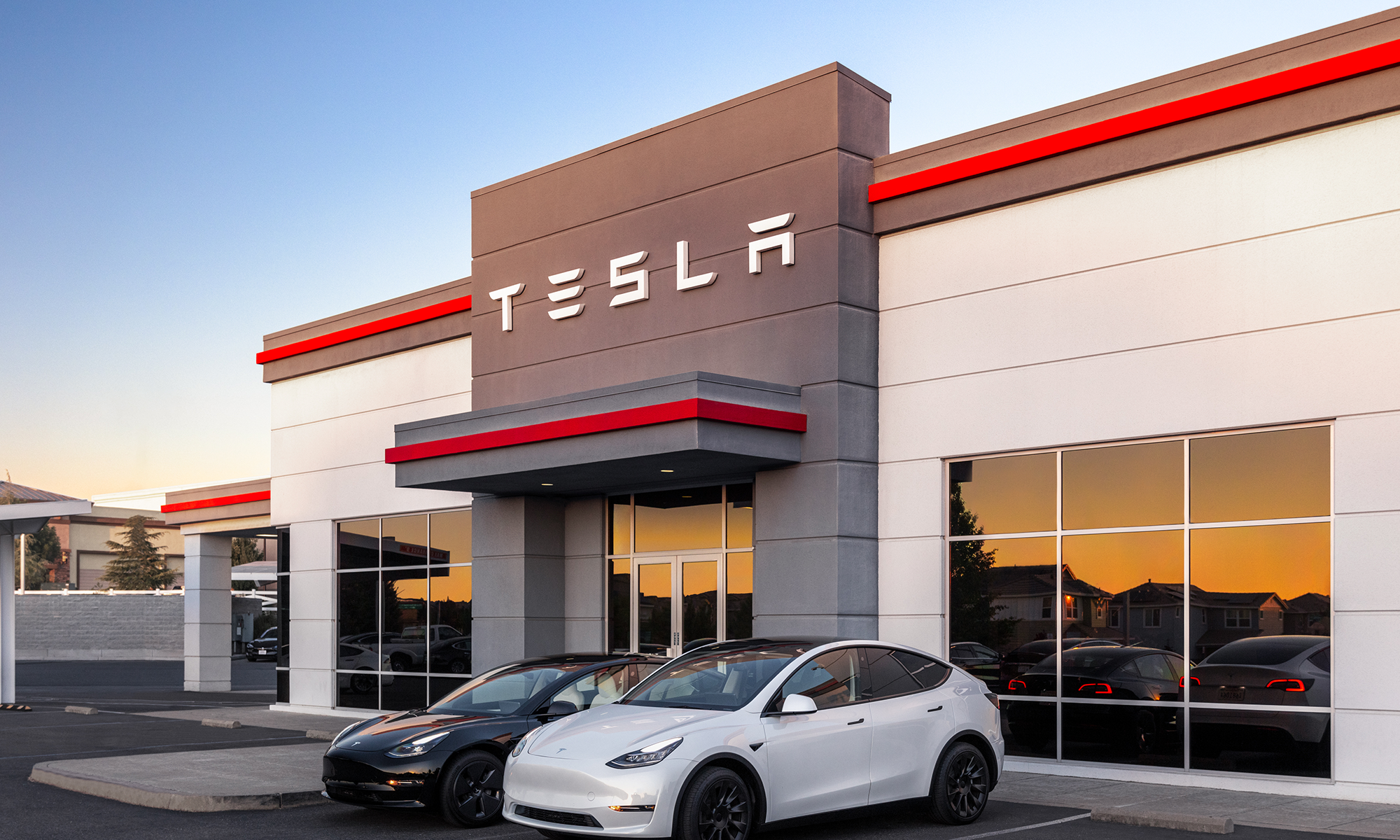When it comes to the biggest companies developing artificial intelligence (AI), it's hard not to think about the "Magnificent Seven" -- that is, Microsoft, Nvidia, Apple, Alphabet, Amazon, Meta Platforms, and Tesla (TSLA 1.02%).
To a degree, however, Tesla is somewhat of an outlier in this cohort. Microsoft, Amazon, and Alphabet have already benefited immensely from AI adoption, particularly across cloud computing infrastructure. Apple and Meta are both working hard to integrate AI services into their devices and platforms. And of course, Nvidia's GPUs are a key piece of the hardware powering generative AI applications across the globe.
But what about Tesla? Sure, the company develops autonomous driving software and has its sights on building a ride-hailing fleet, called the Robotaxi. But in my opinion, the AI thesis surrounding Tesla is currently more of a narrative than concrete reality.
Although this may cause some investors to remain skeptical of Tesla and its ambitions, the company's eccentric chief executive officer, Elon Musk, has received a major nod of validation from none other than Jensen Huang, the CEO of Nvidia.
Let's explore why Huang is so impressed by Musk, and detail what could be in store at the intersection of Tesla and AI down the road.

NASDAQ: TSLA
Key Data Points
Jensen Huang's praise for Elon Musk should not go unnoticed
Musk manages a lot of other businesses beyond Tesla. In recent years, one of Musk's newer projects is a start-up called xAI.
xAI built a supercomputer called Colossus, which runs on hundreds of thousands of Nvidia's GPU chipsets and is planning on deploying more. While I'm sure Musk's decision to use Nvidia's chips earned him some brownie points with Huang, that's not why the Nvidia CEO praised what xAI is building.
Rather, it's how xAI got Colossus up and running that caught Huang's attention.
During an interview with venture capitalist Brad Gerstner, Huang said that designing and planning the infrastructure needed to build Colossus could take roughly three years, and then actually take another year to build the supercomputer.
Musk and the xAI team built Colossus and had it running in 19 days! When singing his praise for Musk, Huang said that what xAI has done is "singular."

Image source: Getty Images.
Why is xAI's supercomputer important for Tesla?
As I alluded to in the introduction, one of Tesla's main AI ambitions is building a fleet of autonomous robotaxis.
Right now, Tesla trains its models for developing self-driving car software through a custom supercomputer called Dojo. While Dojo's capabilities are impressive, I think there is a unique opportunity for Musk to integrate xAI with Tesla's ecosystem.
For example, when it comes to autonomous driving, Tesla's problem isn't collecting enough data. The company already has nearly 3.5 billion miles worth of data that's been captured.
However, in order to scale its fleet and truly disrupt the ride-hailing market, Tesla also needs to be able to process data at faster speeds -- this is where Colossus could lend a hand. By augmenting the Dojo system with Colossus, I think Tesla could rapidly increase the pace at which the company trains its neural network needed to perfect the full self-driving (FSD) system.
By vertically integrating xAI with Tesla, Musk can build a lucrative flywheel between his AI enterprises. Tesla vehicles will continue capturing data from drivers, which xAI then uses to train FSD models faster, allowing Tesla to deploy these improved models back into its fleet -- ultimately strengthening the robotaxi network.
Complementing xAI with Tesla also brings a subtle cost-saving opportunity in the form of reduced capital expenditures (capex). By leveraging xAI, Tesla can achieve synergies across data compute and product integration costs -- thus providing the company with more financial flexibility and allowing it to rely less on external hardware vendors over time.
Is Tesla stock a buy right now?
Although the ideas explored in this piece might make you more encouraged about Tesla's AI ambitions, I must admit that, for now, these concepts are also just narratives as opposed to tangible opportunities.
Nevertheless, recent price action suggests that investors are getting excited for Tesla's foray into the robotaxi market next month.
A 50% rise in the share price in just one month makes me think a lot of the upside from the company's AI efforts is already priced into the stock.
While I'm optimistic about Tesla's future, I wouldn't chase momentum at these levels.













